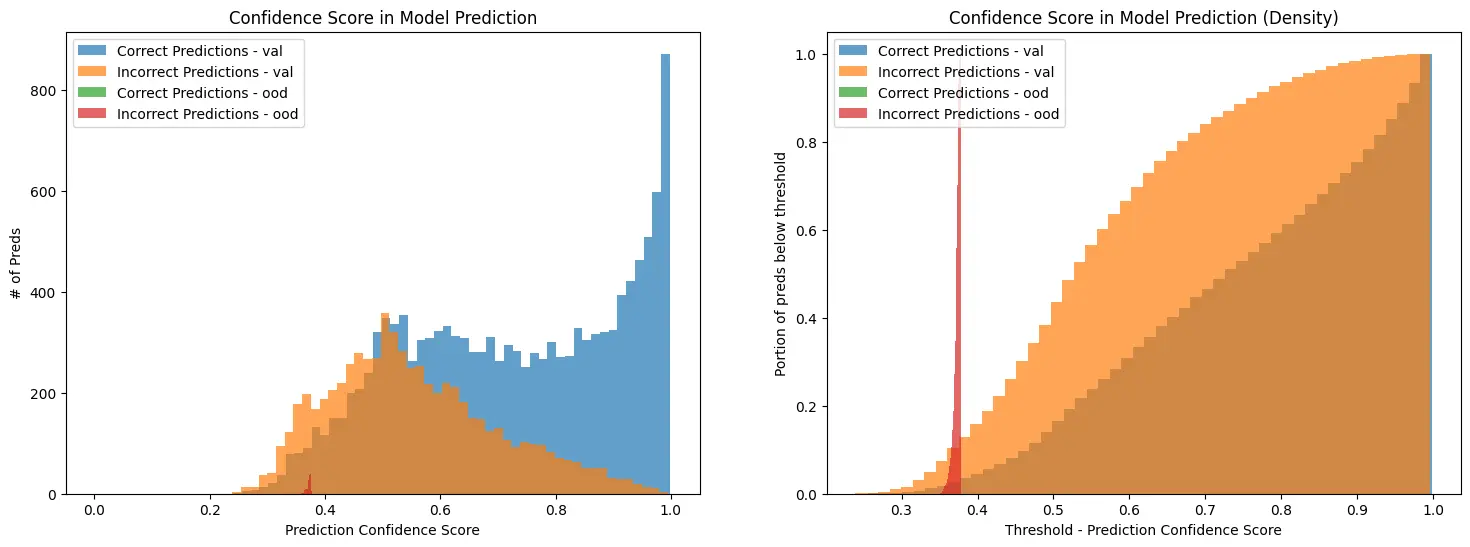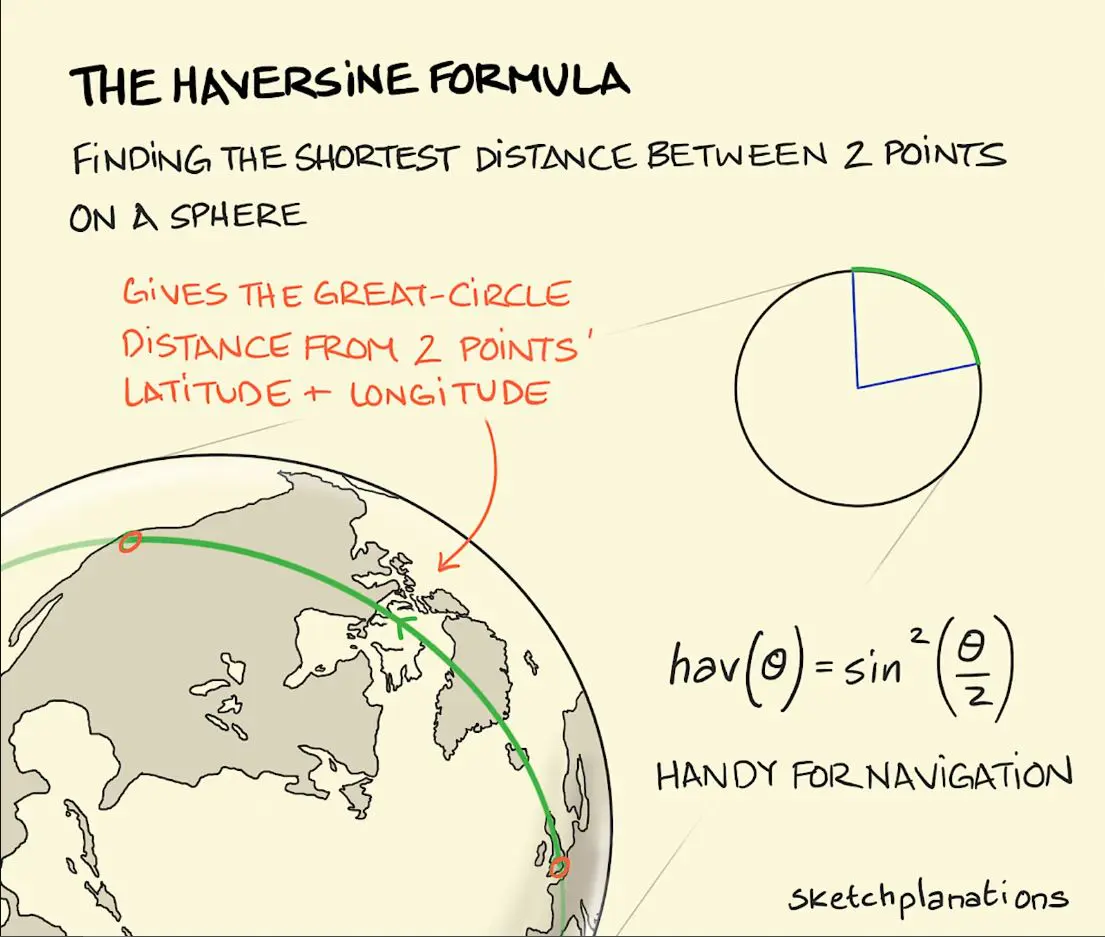Weighted Vector Addition w/ NVidia CUDA
High Level Overview of the code to follow (heterogeneous programming)
- Prepare memory by copying data from the CPU memory to the GPU memory
- Run the GPU code (kernel) on the GPU until it completes
- Copy back over the results to CPU memory
Functionally Equivalent Code for CPU only Execution
// compute weighted vector addition on CPU: out = weight_a*A + weight_b*B
void cpuWeightedVectorAdd(float* out, float* A, float* B, int len, float weight_a, float weight_b) {
for (int i = 0; i < len; i++) {
out[i] = A[i] * weight_a + B[i] * weight_b;
}
}
Kernel And Implementation for GPU Execution
// kernel for weighted vector addition on GPU
__global__ void weightedVecAddKernel(float* out, float* A, float* B, int len, float weight_a, float weight_b) {
int thisThreadIndex = blockIdx.x*blockDim.x + threadIdx.x;
if (thisThreadIndex < len) {
out[thisThreadIndex] = A[thisThreadIndex] * weight_a + B[thisThreadIndex] * weight_b;
}
}
// compute weighted vector addition on GPU: out = weight_a*A + weight_b*B
void weightedVecAdd(float* out, float* A, float* B, int len, float weight_a, float weight_b) {
// figures out how to fit computation to the "geometry"
// of the GPU. Stick with the max 512 threads_per_block and then
// compute the right number of blocks_per_grid to compute the entire addition
int threads_per_block = 512;
int blocks_per_grid = (len / threads_per_block) + 1;
printf("Blocks in a grid: %d\n", blocks_per_grid);
// 3-dim vector objects to initialize values
dim3 dim_blocks_per_grid(blocks_per_grid, 1);
dim3 dim_threads_per_block(threads_per_block, 1, 1);
// launch kernel on GPU
weightedVecAddKernel<<>>(out, A, B, len, weight_a, weight_b);
// wait for GPU to finish computation
cudaThreadSynchronize();
}





Comments